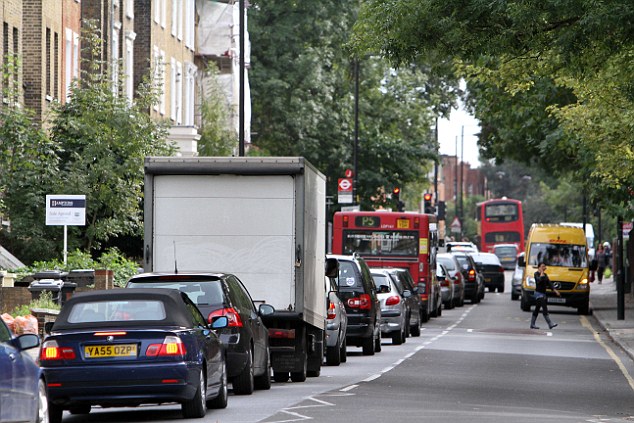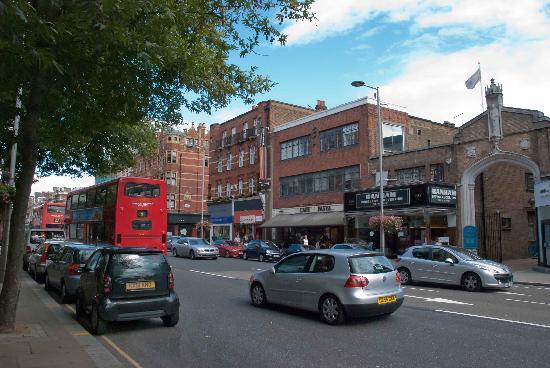Now Reading: UK car production declined in July due to chip, staff shortages
-
01
UK car production declined in July due to chip, staff shortages
UK car production declined in July due to chip, staff shortages

Britain’s auto production in July declined by 37.6 percent year-on-year, largely driven by the global shortage of semiconductors and staff absence due to the COVID-19 self-isolation, the Society of Motor Manufacturers and Traders (SMMT) said Thursday.
The car manufacturing output in the country was 53,438 units in July, making it the worst July performance since 1956 as manufacturers going through the global shortage of semiconductors and staff absence resulting from the ‘pingdemic’ as they are notified by the COVID-19 tracing app, with some modifying summer shutdown timings to help manage the situation, according to the SMMT.
In July, production for the domestic market fell by 38.7 percent annually to 8,233 while manufacturing for export dropped by 37.4 percent to 45,205.
“These figures lay bare the extremely difficult conditions UK car manufacturers continue to face,” said Mike Hawes, CEO of the SMMT, adding that “while the impact of the ‘pingdemic’ will lessen as self-isolation rules change, the worldwide shortage of semiconductors shows little sign of abating”.
Notably, about 26 percent of all cars built in July were either battery electric vehicles (BEV), plug-in hybrid vehicles (PHEV), or hybrid electric vehicles (HEV), the highest share on record.
Hawes urged the government to offer continuing efforts to support the industry, saying “government can help by continuing the supportive COVID measures currently in place and increasing our competitiveness with a decrease in energy levies and business rates for a sector that is strategically important in delivering net zero”.
About 6,628,709 people in the UK have been confirmed as being infected with the coronavirus. The virus has killed 132,143 people in the country.
Stay Informed With the Latest & Most Important News
Previous Post
Next Post
-
 01Polestar Boss Says It’s Time To Outrun BMW M And Mercedes-AMG
01Polestar Boss Says It’s Time To Outrun BMW M And Mercedes-AMG -
 02Spy Shots: 2027 Mitsubishi Pajero Spotted in Testing Ahead of Possible U.S. Return
02Spy Shots: 2027 Mitsubishi Pajero Spotted in Testing Ahead of Possible U.S. Return -
 032026 Toyota Hilux EV: A Powerful Truck with Silent Torque
032026 Toyota Hilux EV: A Powerful Truck with Silent Torque -
 04Spy Photos: VW ID. Polo GTI Goes Electric with 223 HP and 280 Miles of Range
04Spy Photos: VW ID. Polo GTI Goes Electric with 223 HP and 280 Miles of Range -
![2027 Mercedes-Benz S-Class Debuts with V8 Engine [Photo Gallery]](https://speedlux.com/wp-content/uploads/2026/01/2027-Mercedes-Benz-S-Class-33-155x125.jpg) 052027 Mercedes-Benz S-Class Debuts with V8 Engine [Photo Gallery]
052027 Mercedes-Benz S-Class Debuts with V8 Engine [Photo Gallery] -
 06The Controversial Ford Voodoo V8 That Was Killed Off Too Early
06The Controversial Ford Voodoo V8 That Was Killed Off Too Early -
 07Hyundai Palisade’s Breakout Year Shows How Quickly the Market Can Turn
07Hyundai Palisade’s Breakout Year Shows How Quickly the Market Can Turn


![2027 Mercedes-Benz S-Class Debuts with V8 Engine [Photo Gallery]](https://speedlux.com/wp-content/uploads/2026/01/2027-Mercedes-Benz-S-Class-33-700x394.jpg)










































